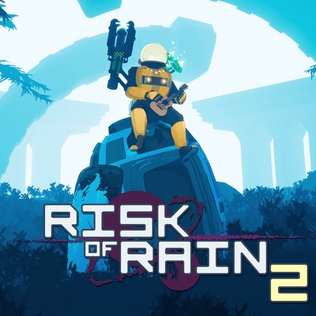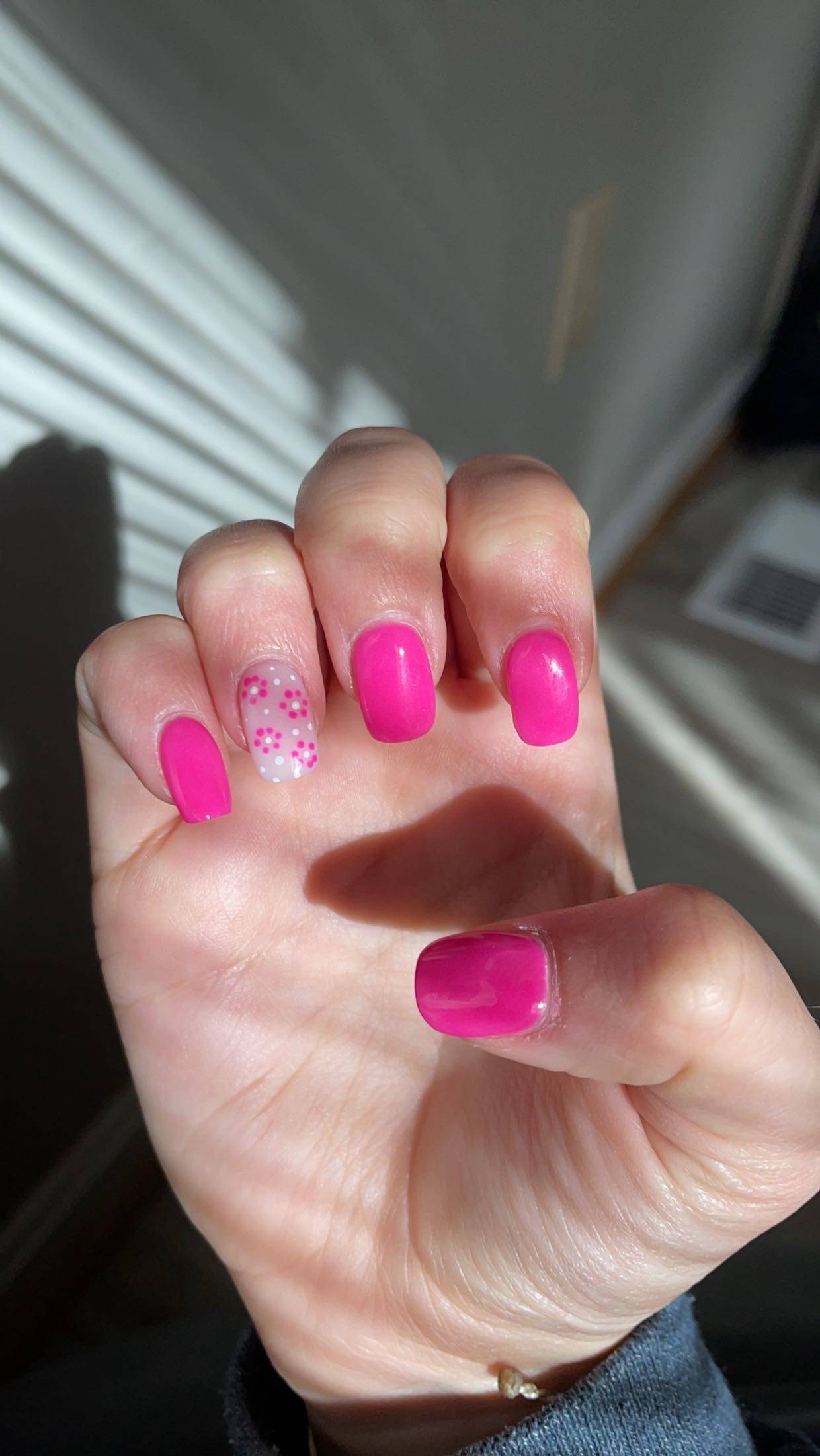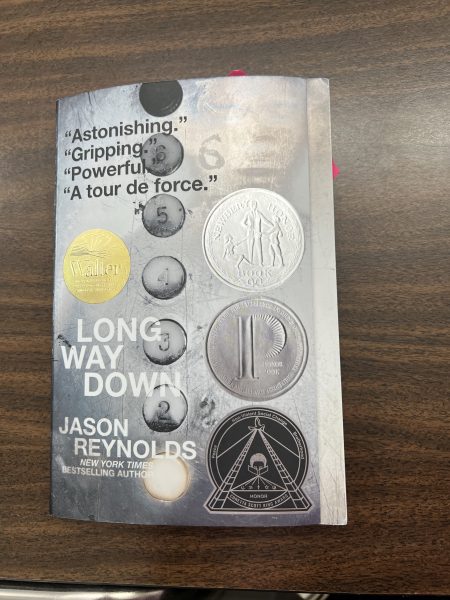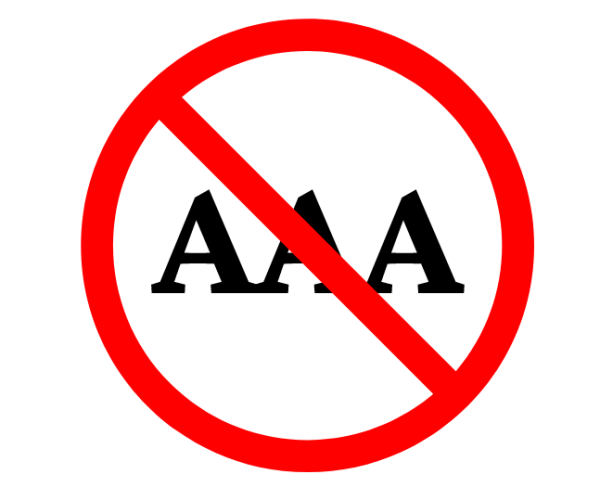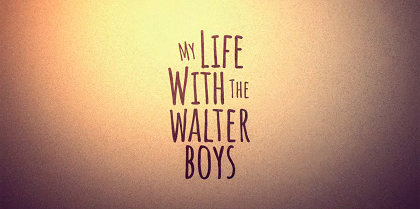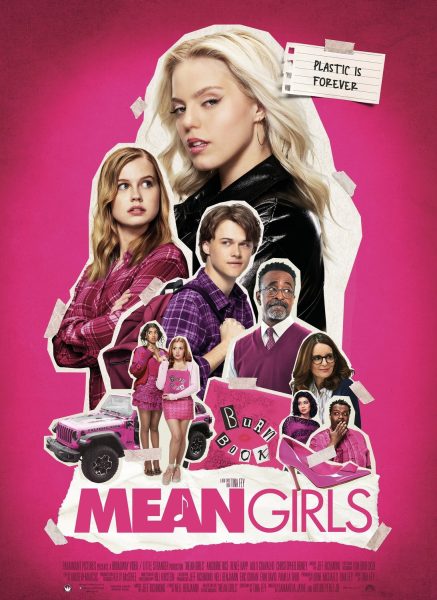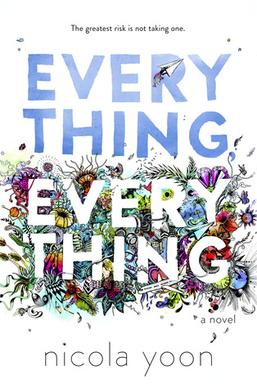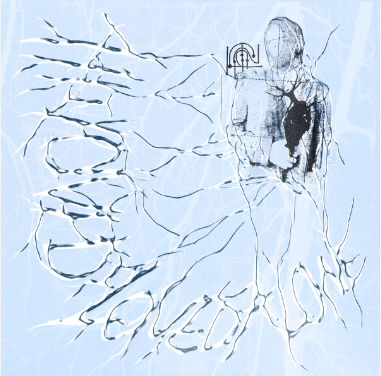LONG.LIVE.A$AP: Trash this CD A$AP
February 15, 2013
LONG.LIVE.A$AP may be the headstone to mark the grave of Rocky’s career as a rapper.
A$AP Rocky proclaimed his potential late in 2011 with his mixtape Live. Love. A$AP. I was enticed by the mixtape, particularly his single, “Peso,” which could prime the pump for any party worth attending. Both through his lyrics and production, he obtained an intensely raw and intriguing feel that set him apart from the big-box rap that currently dominates the pop music scene.
After multiple release delays over a year of anticipation, A$AP’s debut studio album promised to invigorate the new year. However, I’m incredibly disappointed in A$AP and his team. They completely fell short of the potential demonstrated on his previous releases.
Though the lyrics on his mixtapes were nothing to tweet about, Rocky puts even less thought into the lines on his record, which recycle the same women-money-drugs theme through almost every track and fail to sustain any depth whatsoever. His references are strikingly predictable, such as Bill Gates on the subject of money or Kurt Cobain when discussing suicide. His lack of depth, diversity, and the slow flow of his delivery render him unintelligent. Even “Phoenix,” the only song displaying significant introspection, is laced with cheesy metaphors and a sporadic form.
The first four tracks live up to the production quality on the mixtape. Clams Casino’s production, “LVL,” is by far my favorite track on the LP, furnished with an abrasive chillwave synth and a phaser that will collapse your lungs. But the majority of the second half of the album fades into something other than hiphop.
Many tracks would be better off on a teen pop album. One song, featuring Santigold singing a jaunty pop chorus, is decent, but Rocky is completely out of place. Despite A$AP’s gnarly vocals, it feels like a Nelly Furtado song with the sub dropped. And there’s the eerie pop song, “Fashion Killa,” where A$AP spreads vogue brand names and raps about shopping with his girl. It’s for sure a song pitched to the females, sounding like it belongs on a Keysha Cole or Brandy album.
The album’s flagship single, “F**king Problems,” disgraces the entire genre of hiphop. The single went on to top charts with its catchy chorus and expansive collection of featured rappers. But I wonder what middle-aged, white-collar producers and writers diminished A$AP’s originality and potential after he was signed to RCA Records. The track is cheesy beyond description. The atrocious pop song contains the same chord progression found in Justin Bieber’s track, “Eenie Meanie,” and One Direction’s “Live While We’re Young.” What once sounded like raw authenticity now sounds like a Disney cartoon edition of The Human Centipede.
The track “Wild For The Night,” Skrillex and A$AP’s duet, which starts as a laid-back Rocky track and then suddenly napalms into a typical Skrillex malfunction that leaves one wondering, where did that come from? From here the album is straight up boring and often feels like A$AP is running out the clock. There are a couple laid-back attempts at sentiment that ramble until you plead for them to end.
Rocky is an exhibitionist, writing for the sake of writing without deliberation or inspiration, but what he manages is simply asinine obscenity. I consider rap an art. Poetry, in fact. If licking the sole of your shoe is art, then congratulations, Rocky, you stuck your entire foot in your mouth.
Whatever originality and audacity Rocky previously displayed is now thoroughly whitewashed. What once promised quality, backslid to the lewd women-money-drugs cliché that was better off when it was uttered from some middle-school guy friends.

